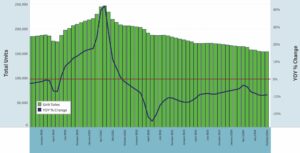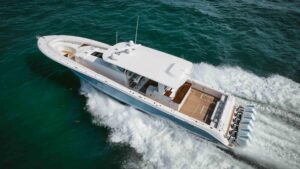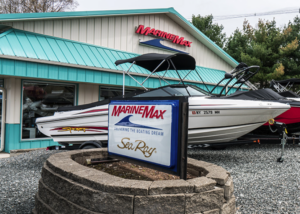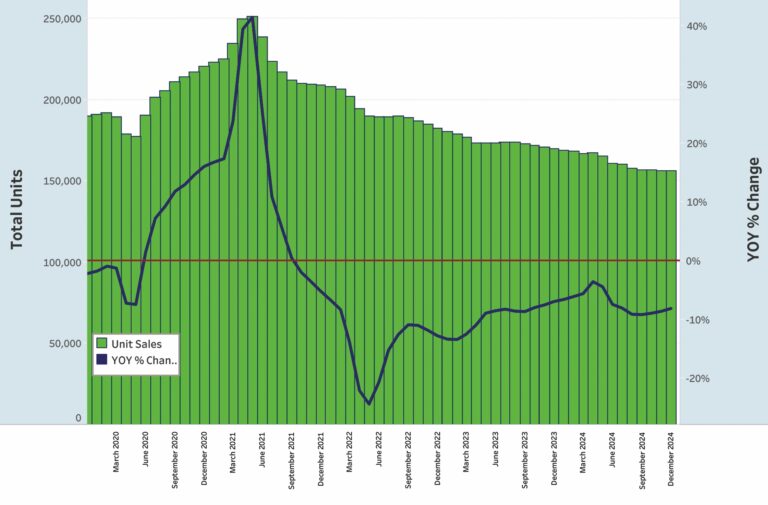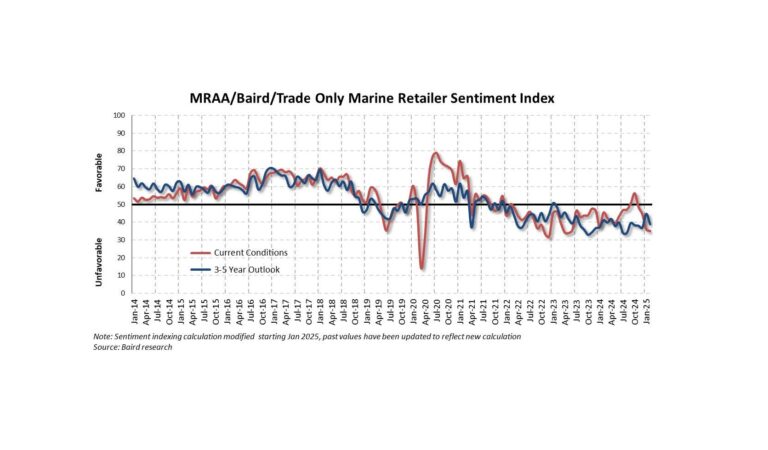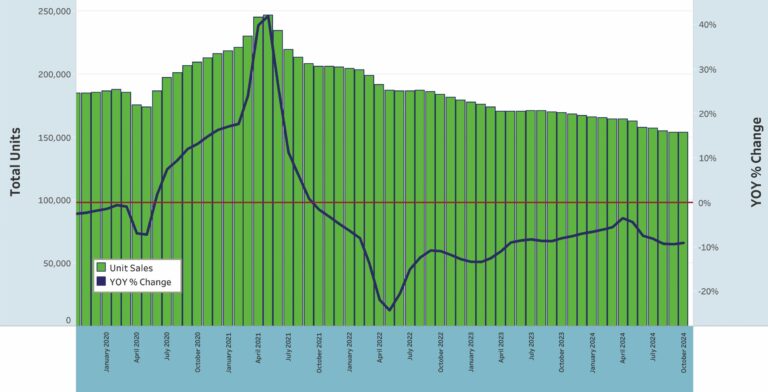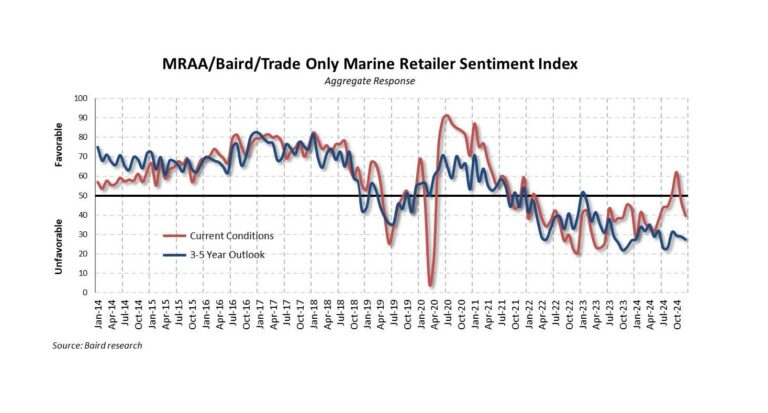
West Marine, which closed on its sale to private equity firm Monomoy Capital Partners earlier this month, will continue to focus on its core boat business as the company moves ahead.
“The core boat business, this is nearly 80 percent of our business,” West Marine CEO Matt Hyde told Trade Only Today. “We’ve always said, through all of the changes we’ve made, that core comes first. It’s been a huge initiative over the last few years to do a better job serving that market.”
“We’ve seen improvement in core sales, and that continues to be our primary focus,” Hyde said. “That has been very consistent as we’ve made the changes with respect to our stores. If we walked away from our core we would not have reason for being a company. Our vendors know that.”
That doesn’t mean the company won’t continue to evolve, Hyde said.
“Of course, customers will see things change and they would see things change whether we stayed public or went private,” Hyde said.
Monomoy bought West Marine because of the company’s current strategy in retail and is looking to build on that, Hyde said.
“If you’re not changing in retail, you’re done,” Hyde said. “We will continue to push ahead with a whole bunch of improvements in the organization that customers will see, for sure.”
The sale of California-based West Marine, founded in 1968, was announced in late June and closed Sept. 12, Hyde said.
The decision to sell was to increase shareholder value and give the company the ability to roll out its growth strategy with different timing than is possible in a publicly traded company, Hyde said.
“Retail stocks are being crushed, and we had the opportunity to take West Marine private and be in a position where we believe we can move faster, be more successful for associates and provide a 32 percent premium for shareholders,” Hyde said. “With respect to public companies, you are reporting earnings every single quarter, so the timing in which you do things has to be paced.”
Even with the exact same strategy, being private gives the company an opportunity to roll out that strategy and meet end goals differently, Hyde said.
The sales process took more than a year, Hyde said, because the company has been so successful executing its strategy and because it had no debt.
“We had six different organizations that were interested in West Marine, which is highly unusual,” Hyde said. “That’s part of what took the sale of West Marine so long. We were working at a very detailed level with a number of potential buyers. We were working with six almost through the bitter end.”
New York-based Monomoy bought the company for $12.97 a share; West Marine stock was trading at a 52-week low of $7.77 and a high of $11.72.
That represents a total equity value of $338 million and a premium of 32 percent from the 30-day average performance of West Marine’s stock price reported on the Nasdaq Stock Market.
Guggenheim Securities LLC, West Marine’s financial adviser, said the merger consideration of $12.97 was “above the high end of the foregoing public market trading reference range based on the selected publicly traded companies analysis,” according to filings with the Securities and Exchange Commission.
The other bidders were not named in the filing.


